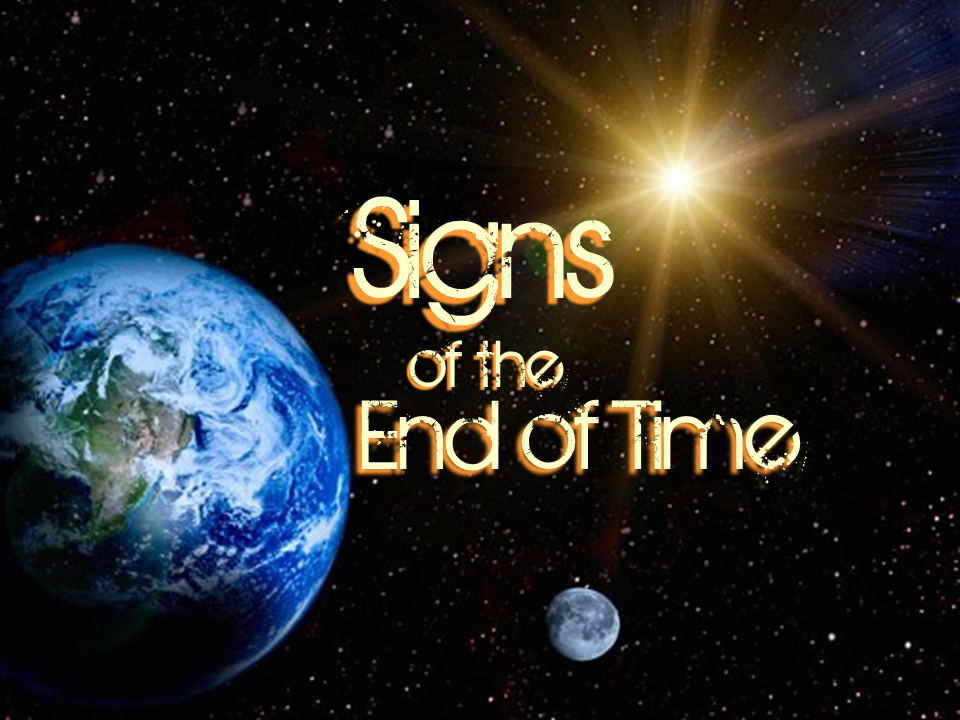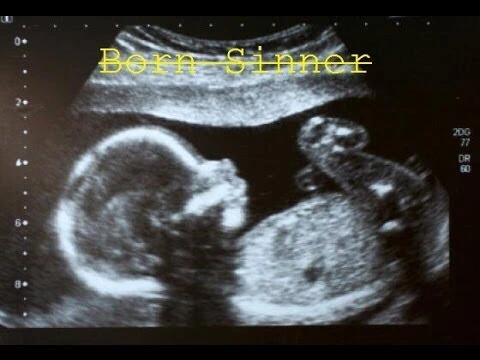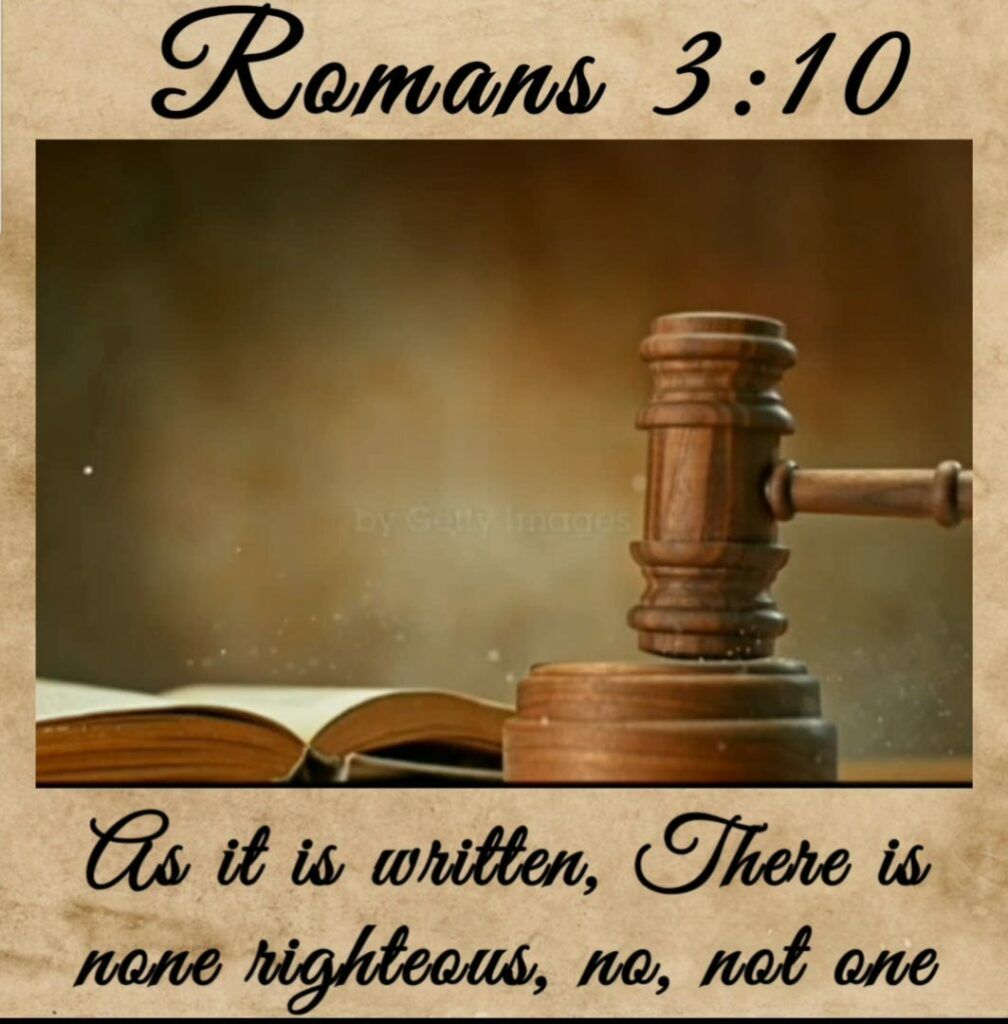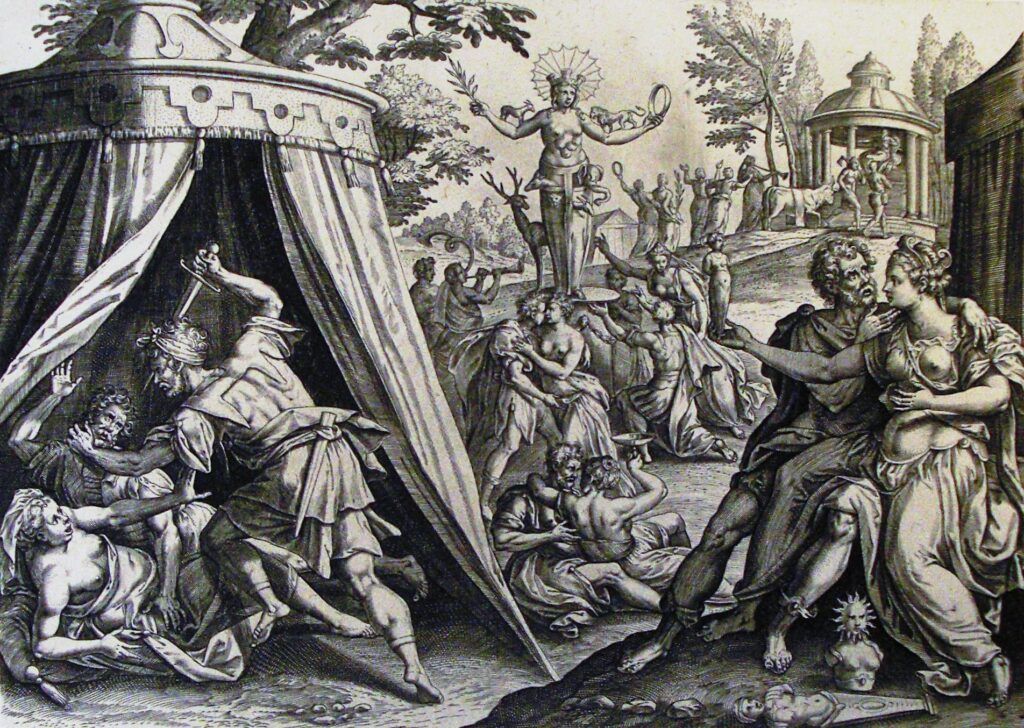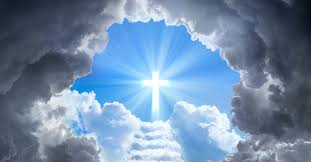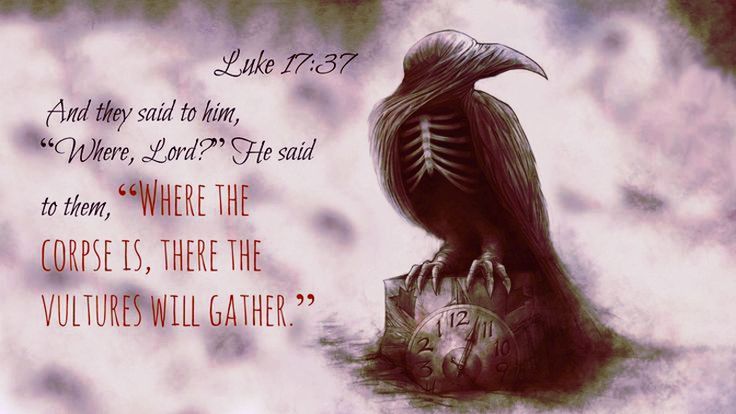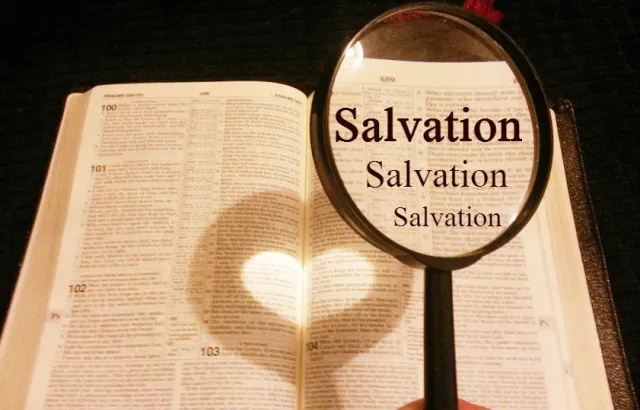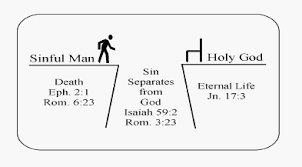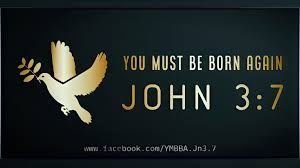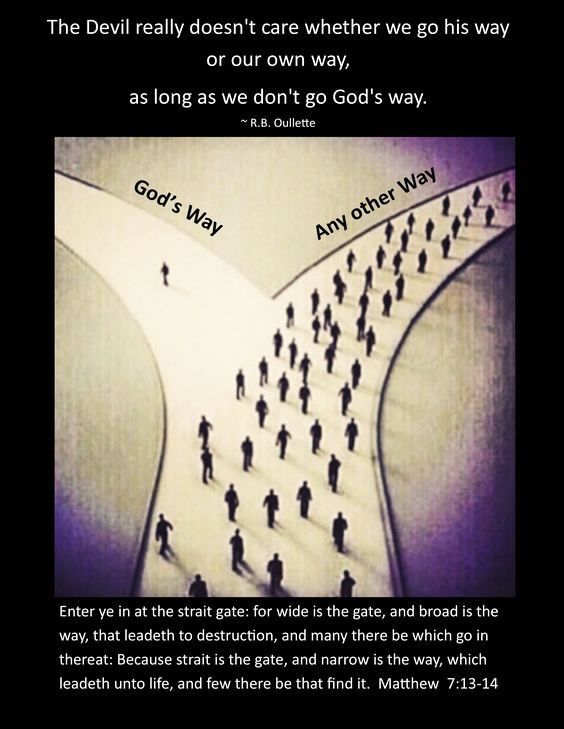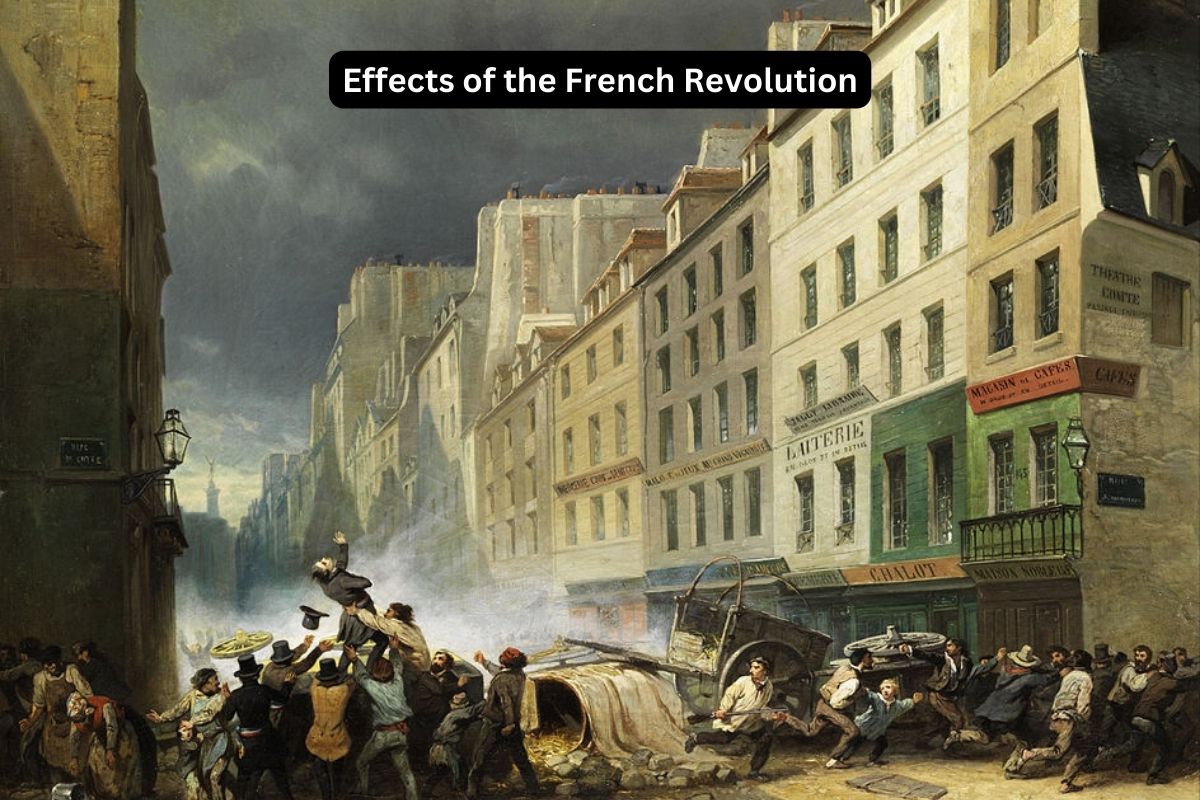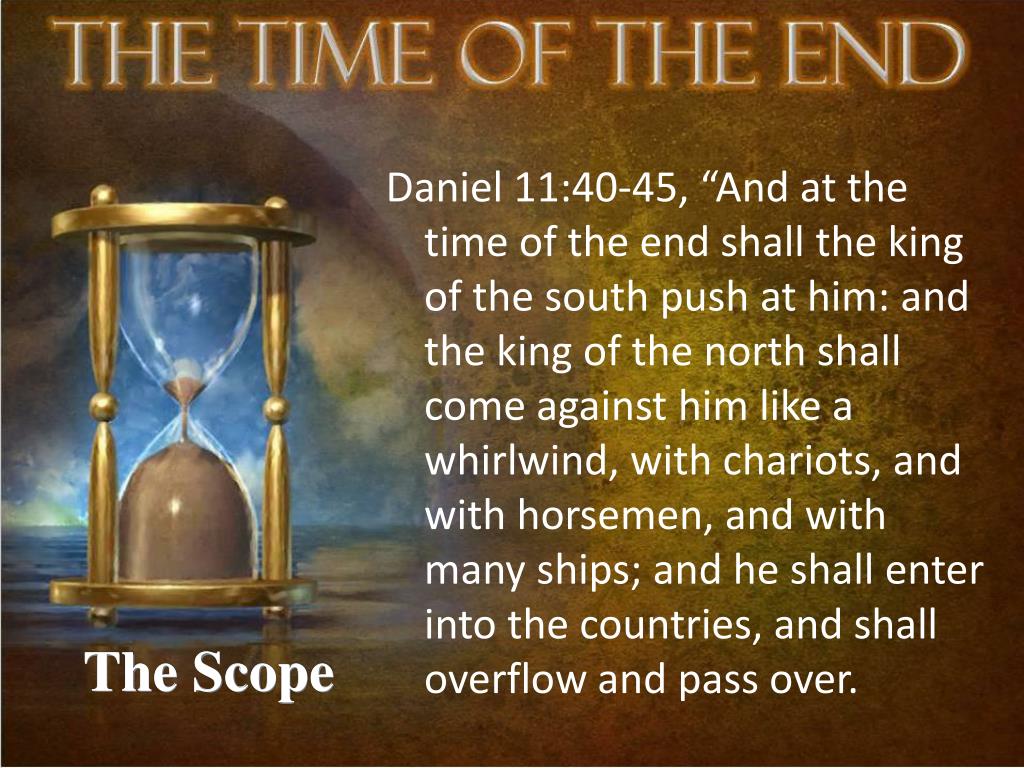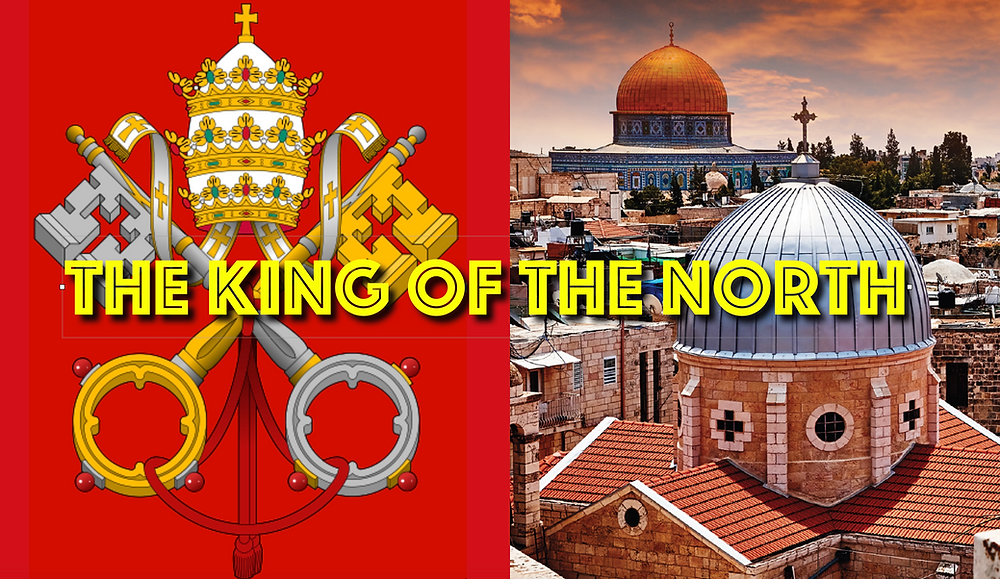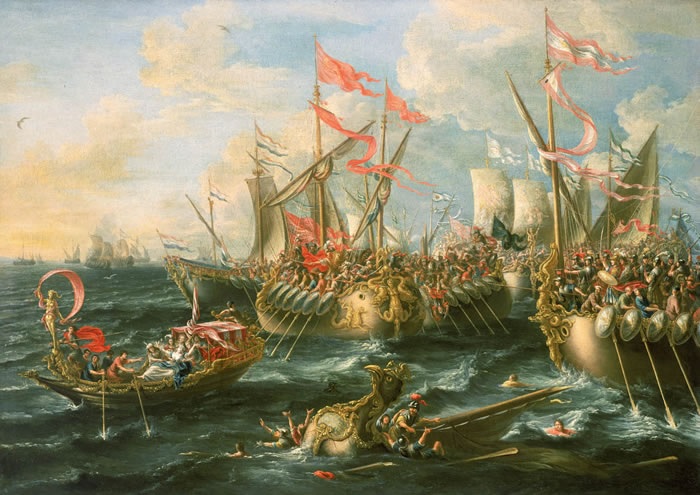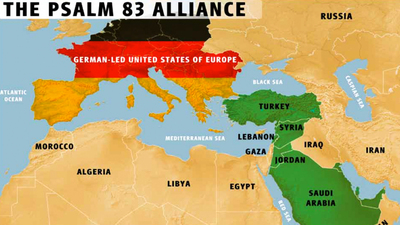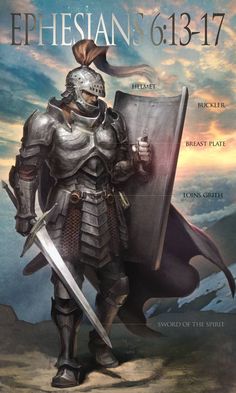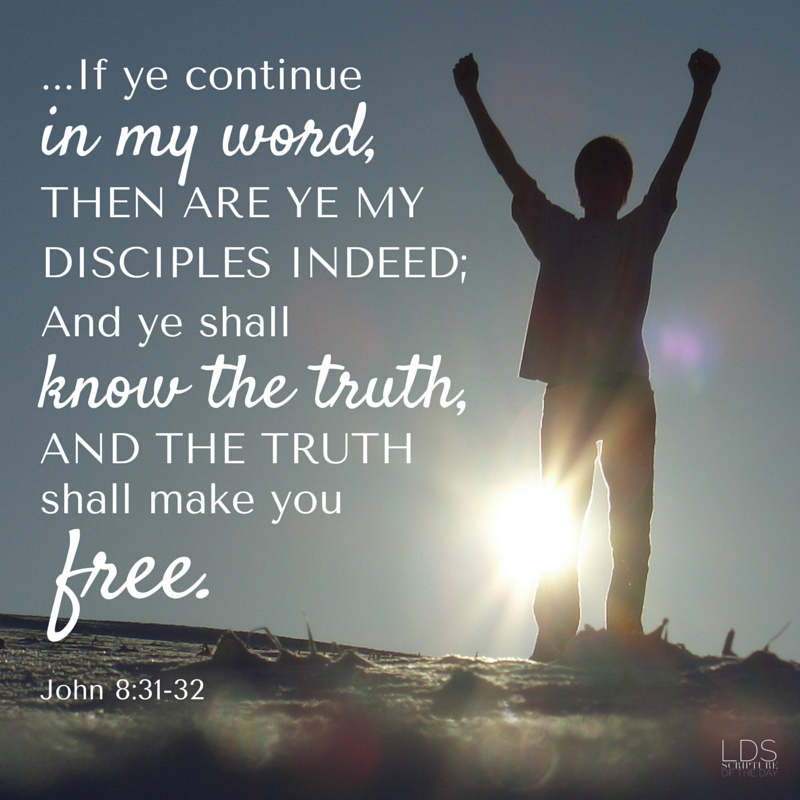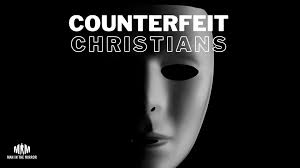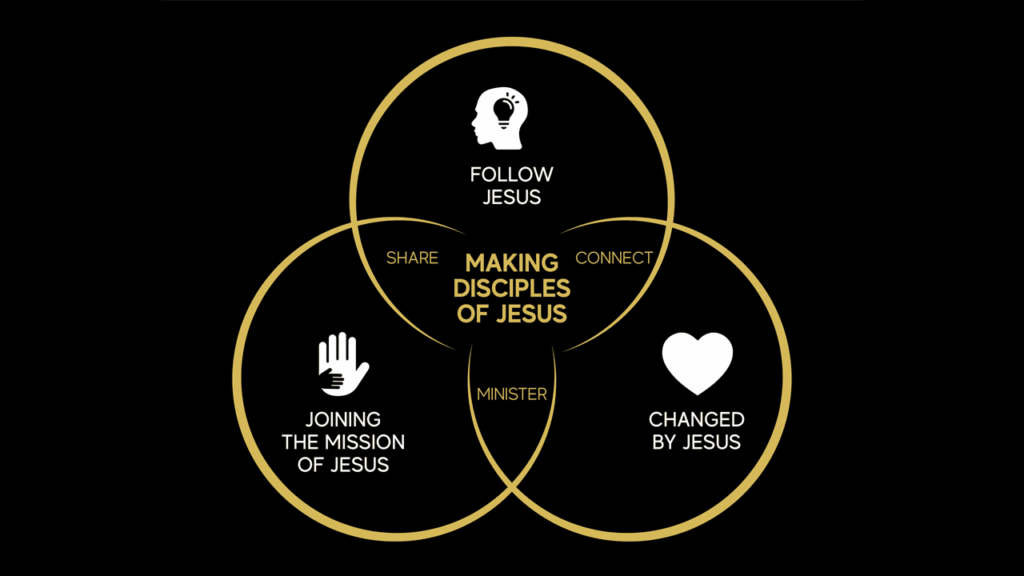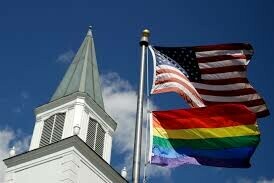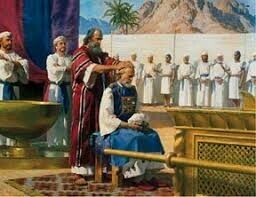All of the events that are occurring around the world are signs of the end time. They are manifestations of prophecies proclaimed thousands of years ago. This article will illuminate the parallels between those prophecies and the events of today as we look at the signs of the end time.
The Signs of the End Times
In Matthew 24, Jesus foretold the signs to look for that would indicate His soon return. During the latter portion of His discourse, Jesus illustrated what the world will be like as His return approaches.
In Matthew 24:35-39, Jesus said:
35. Heaven and earth will pass away, but My words will by no means pass away. No One Knows the Day or Hour (Mark 13:32-37; Luke 17:26,27,34,35; 21:34-36)
36. “But of that day and hour no one knows, not even the angels of heaven, but My Father only.
37. But as the days of Noah were, so also will the coming of the Son of Man be.
38. For as in the days before the flood, they were eating and drinking, marrying and giving in marriage, until the day that Noah entered the ark,
39. and did not know until the flood came and took them all away, so also will the coming of the Son of Man be. NKJV

In this passage, Jesus gave a specific example, “but as the days of Noah were.” In other words, as it was in the days of Noah, during the times of Noah.
When considering the approaching end time, we often address earthquakes, wars, famine, pestilences, crime, and violence. However, we fail to address the social behavior that Jesus addresses, which will occur when His return occurs. There tends to be an insidious undercurrent regarding this aspect of Christ’s message that is often overlooked.
During the days of Noah, there was a communal apathy regarding the message Noah was conveying. This period was a time of probation. As we see in verses 37-38, the citizens were going on with life as usual, as they knew it, not considering the warnings of the oncoming destruction about to come upon them. This could have been avoided had they entered the ark.
However, when Noah and his family entered the ark, and the door was closed by the angel of the Lord, probation was terminated.
Once probation was closed, there was no more probability of being saved. We are living in a situation today that is parallel to the days of Noah. We are living in a period of probation—a time of grace. For the most part, the world is going on with life, and people are unaware of the situation and what lies ahead, just as it was during the days of Noah. Those of us who are followers of Christ must do all to be ready for His return. However, prior to His return will be the close of probation. Moreover, it is essential that we are ready—to be in a good relationship with God at the close of probation.
The Days of Noah
To get a deeper look at what the days of Noah were like, one needs to go to the Scriptures in Genesis to observe the Biblical record of the days of Noah.
Genesis 6:5, 11-13 Reads:
5. Then the Lord saw that the wickedness of man was great in the earth, and that every intent of the thoughts of his heart was only evil continually.
11. The earth also was corrupt before God, and the earth was filled with violence.
12. So God looked upon the earth, and indeed it was corrupt; for all flesh had corrupted their way on the earth.
13. And God said to Noah, “The end of all flesh has come before Me, for the earth is filled with violence through them; and behold, I will destroy them with the earth. NKJV
Verse 5 states that the “wickedness of man” was “only evil continually.” Now, this condition was some grave evil! In the days of Noah, the citizens’ mentality was so evil and wicked that it was a perpetual part of their thinking. It was a continuous thought pursuit.
Verse 11 states that “the earth was filled with violence.” Murder, war, crime, and all sorts of violence were predominant in society. Does this sound familiar? We need to look no further than our televisions to see just how much violence fills the earth today.
Verse 12 says that God observed when looking at the earth that “indeed it was corrupt; for all flesh had corrupted their way on the earth.” Again, the media informs us of the corruption surrounding us today.
In verse 13, God made it clear to Noah that the world had reached a point of no return because of the evil and violence, and it was time for Him to act. Jesus said in Luke 17:26 NIV, “Just as it was in the days of Noah, so also will it be in the days of the Son of Man. Once again, the world is reaching the point of no return with the ongoing evil and violence that is occurring. However, just as in the days of Noah, the general stance of the population is one of insignificance. Individuals continue to do what they have always done without any consideration of what is going on around them. As Jesus said, “They ate, they drank, they married wives, they were given in marriage…” and this occurred right up until the flood arrived.
Furthermore, they were opposed to the truth. There was much scorn against Noah. While the Scriptures don’t reference the scorn, rocket science isn’t required to know it existed. He was building an ark where it had never rained, and he was a preacher of righteousness (2 Peter 2:5). Therefore, he undoubtedly faced much scorn. They must have mocked him unmercifully.
The Days of Lot
There is another parallel Jesus referred to to make His point found in Luke 17:28-37, which reads:
28. Likewise also as it was in the days of Lot; they did eat, they drank, they bought, they sold, they planted, they builded;
29. But the same day that Lot went out of Sodom it rained fire and brimstone from heaven, and destroyed them all.
30. Even thus shall it be in the day when the Son of man is revealed.
31. In that day, he which shall be upon the housetop, and his stuff in the house, let him not come down to take it away: and he that is in the field, let him likewise not return back.
32. Remember Lot’s wife.
33. Whosoever shall seek to save his life shall lose it; and whosoever shall lose his life shall preserve it.
34. I tell you, in that night there shall be two men in one bed; the one shall be taken, and the other shall be left.
35. Two women shall be grinding together; the one shall be taken, and the other left.
36. Two men shall be in the field; the one shall be taken, and the other left.
37. And they answered and said unto him, Where, Lord? And he said unto them, Wheresoever the body is, thither will the eagles be gathered together.
In verse 28, we see that the days of Lot were a time of economic fortune: building, planting, buying, and selling. It was a time of prosperity and acute materialism. And they ate and drank to their satisfaction.
However, in verse 29, we see that the party was over when Lot departed from Sodom, and judgment fell and destroyed them all.
In verse 30, Jesus made clear that it will be the same when He returns.
In verse 31, we find a prompt to have our priorities in order. When the Lord returns, we must not worry about our, as the Scripture reads, “stuff.” Wherever we may be, “the housetop” or the field.” When the Lord returns, we can’t go back for our “stuff,” and we must be willing to depart with our worldly goods.
In verse 32, Jesus refers to a past example: Lot’s wife. In Genesis 19, the angel that bought Lot and his family out of Sodom gave them specific instructions. In Genesis 19:17 it reads:
17. And it came to pass, when they had brought them forth abroad, that he said, Escape for thy life; look not behind thee, neither stay thou in all the plain; escape to the mountain, lest thou be consumed.

They were not to look back, but Lot’s wife did (Genesis 19:26), and she was destroyed. It is essential to obey all of the Lord’s instructions.
Lot had his own issues about leaving Sodom. Genesis 19:15-16 reads:
15. And when the morning arose, then the angels hastened Lot, saying, Arise, take thy wife, and thy two daughters, which are here; lest thou be consumed in the iniquity of the city.
16. And while he lingered, the men laid hold upon his hand, and upon the hand of his wife, and upon the hand of his two daughters; the LORD being merciful unto him: and they brought him forth, and set him without the city.
In verse 16, we see that Lot hesitated, so the angel grabbed him by his hand and hurried him out of harm’s way to a path of safety. Lot obviously did not want to abandon the comfort, position, and wealth he enjoyed in Sodom. So, his heart, which is where his treasure was, made his movements from Sodom slow. Jesus warns in Matthew 6:19-21, “Lay not up for yourselves treasures upon earth, where moth and rust doth corrupt, and where thieves break through and steal: But lay up for yourselves treasures in heaven, where neither moth nor rust doth corrupt, and where thieves do not break through nor steal: “For where your treasure is, there will your heart be also.”

What a strong warning about the peril of having one’s heart set on the cares and riches of the world!
God was merciful. Observe how God’s mercy toward Abraham extended to his nephew Lot and his family. It is because Abraham pleaded for Sodom (Genesis 18:16-33), God said that He would not destroy the righteous with the wicked (vs. 26). Although there weren’t fifty righteous people in the city, God was merciful and saved his nephew Lot and his family from the destruction of Sodom. As it reads in Genesis 19:29. “And it came to pass, when God destroyed the cities of the plain, that God remembered Abraham, and sent Lot out of the midst of the overthrow, when he overthrew the cities in the which Lot dwelt.” Here we see how God’s mercy toward Abraham extended to Lot and his family. Because Abraham pleaded for Lot, God kept His promise, was merciful, and saved Lot from the fiery destruction of Sodom.
It is easy to pass judgment on Lot for being paralyzed by Sodom when the choice seems so clear to us. However, for us to not make the mistake of Lot, we must see that our hesitation to obey stems from the false attractions of our culture’s pleasures.
Today’s world is steeped in materialism, just as in the days of Lot. Many are so immersed in the things of this world that they are unaware of what is going on around them spiritually and what is to come, thus placing themselves in imminent danger.
The majority are not preparing for the Second coming of Jesus, even among those professing Christianity. Among the most significant origins of the crises of the modern world are an anesthetized human conscience, a detaching from religious values, and a prevailing individuality emboldened by materialistic philosophies.
The Apostles, Peter and Paul, foretold what to look out for and expect prior to the imminent return of Christ.
· Scoffers
· Seducers
· Intensifying wickedness
2 Peter 3:3-7 reads:
3. Knowing this first, that there shall come in the last days scoffers, walking after their own lusts,
4. And saying, Where is the promise of his coming? for since the fathers fell asleep, all things continue as they were from the beginning of the creation.
5. For this they willingly are ignorant of, that by the word of God the heavens were of old, and the earth standing out of the water and in the water:
6. Whereby the world that then was, being overflowed with water, perished: [the flood]
7. But the heavens and the earth, which are now, by the same word are kept in store, reserved unto fire against the day of judgment and perdition of ungodly men.
The last days mentioned in verse 3 is the period between the first and second comings of Jesus—probation. Therefore, we are living in the last days.
Verse 6 parallels the last days to the days of Noah. In Noah’s day, the earth was judged by water. However, God’s covenant with Noah included a promise that the world would not be destroyed by flooded waters again (Genesis 9:11).
But take note in verse 7 that at the Second Coming, it will be judged by fire. This fire is described in 2 Peter 3:10, Revelation 19:20, 20:10-15. The same Word that created the world and destroyed it by flood has reserved it for “the day of judgment.” This judgment will be against the scoffers, seducers, and the intensifiers of wickedness.

In 2 Timothy 3:1-5, Paul wrote:
1. This know also, that in the last days perilous times shall come.
2. For men shall be lovers of their own selves, covetous, boasters, proud, blasphemers, disobedient to parents, unthankful, unholy,
3. Without natural affection, trucebreakers, false accusers, incontinent, fierce, despisers of those that are good,
4. Traitors, heady, highminded, lovers of pleasures more than lovers of God;
5. Having a form of godliness, but denying the power thereof: from such turn away.
Conclusion
We are living in times analogous to the days of Noah and Lot. In both occurrences, God judged the wicked following His call to come out. There is a call to come out given to us today. It is the call to come out of Babylon. Rev 18:1-5 reads:
1. And after these things I saw another angel come down from heaven, having great power; and the earth was lightened with his glory.
2. And he cried mightily with a strong voice, saying, Babylon the great is fallen, is fallen, and is become the habitation of devils, and the hold of every foul spirit, and a cage of every unclean and hateful bird.
3. For all nations have drunk of the wine of the wrath of her fornication, and the kings of the earth have committed fornication with her, and the merchants of the earth are waxed rich through the abundance of her delicacies.
4. And I heard another voice from heaven, saying, Come out of her, my people, that ye be not partakers of her sins, and that ye receive not of her plagues.
5. For her sins have reached unto heaven, and God hath remembered her iniquities.
Babylon represents the mark of the beast. It is spiritual Babylon. While it may not be to embark on the arc-a physical unit, or to leave Sodom-a literal place, but a spiritual place, to leave the worldly conviction, and enter the safety of making our calling and election sure (2 Peter 1:10). This is our sole responsibility. We must keep our convictions on heavenly things.
Unfortunately, we are regularly distracted and, as a result, unable to comprehend the deceptions of staying in this world as though it will exist forever. This distraction is one of Satan’s devices in his toolbox.
We are guilty of being nearsighted (2 Peter 1:9), focusing only on the present and disregarding the reality of the impending judgment of the world.
We are undoubtedly approaching the time of the sealing (Revelation 7:3). Since we exist at the sealing time, the only thing we have now is the close of probation.
This close of probation is expressed in Revelation 22:10-12 which reads:
10. And he saith unto me, Seal not the sayings of the prophecy of this book: for the time is at hand.
11. He that is unjust, let him be unjust still: and he which is filthy, let him be filthy still: and he that is righteous, let him be righteous still: and he that is holy, let him be holy still.
12. And, behold, I come quickly; and my reward is with me, to give every man according as his work shall be.
Here, we see a final proclamation against the wicked of the world and an approbation to the righteous. This decree is the close of probation.
Verse 12 are the words of Christ. He will return with the rewards to give to mankind according to his works—good and evil. As Christ’s return becomes imminent, there is greater polarity between God’s followers and Satan’s followers. We must study the book of Revelation, hear its message, and be prepared for Christ’s imminent return.
We must follow the words of Christ as He said in Matthew 24:44, “So you also must be ready, because the Son of Man will come at an hour when you do not expect him.” NIV
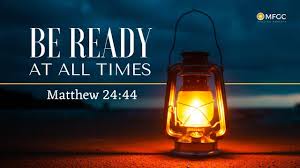
The signs are upon us, so let us heed the warnings of Christ.
When God’s kingdom comes, will you be included? You can be sure of it by accepting Jesus Christ as your Lord and Savior if you haven’t already. In a prayer, confess your need, ask for pardon from your sins, and thank God for welcoming you into His family.
Live for your Lord now. Help someone deal with a problem. Give someone a positive message from the Bible. Pray for someone in distress.
Amen
Please leave your questions, comments, and concerns below.
Blessings!
